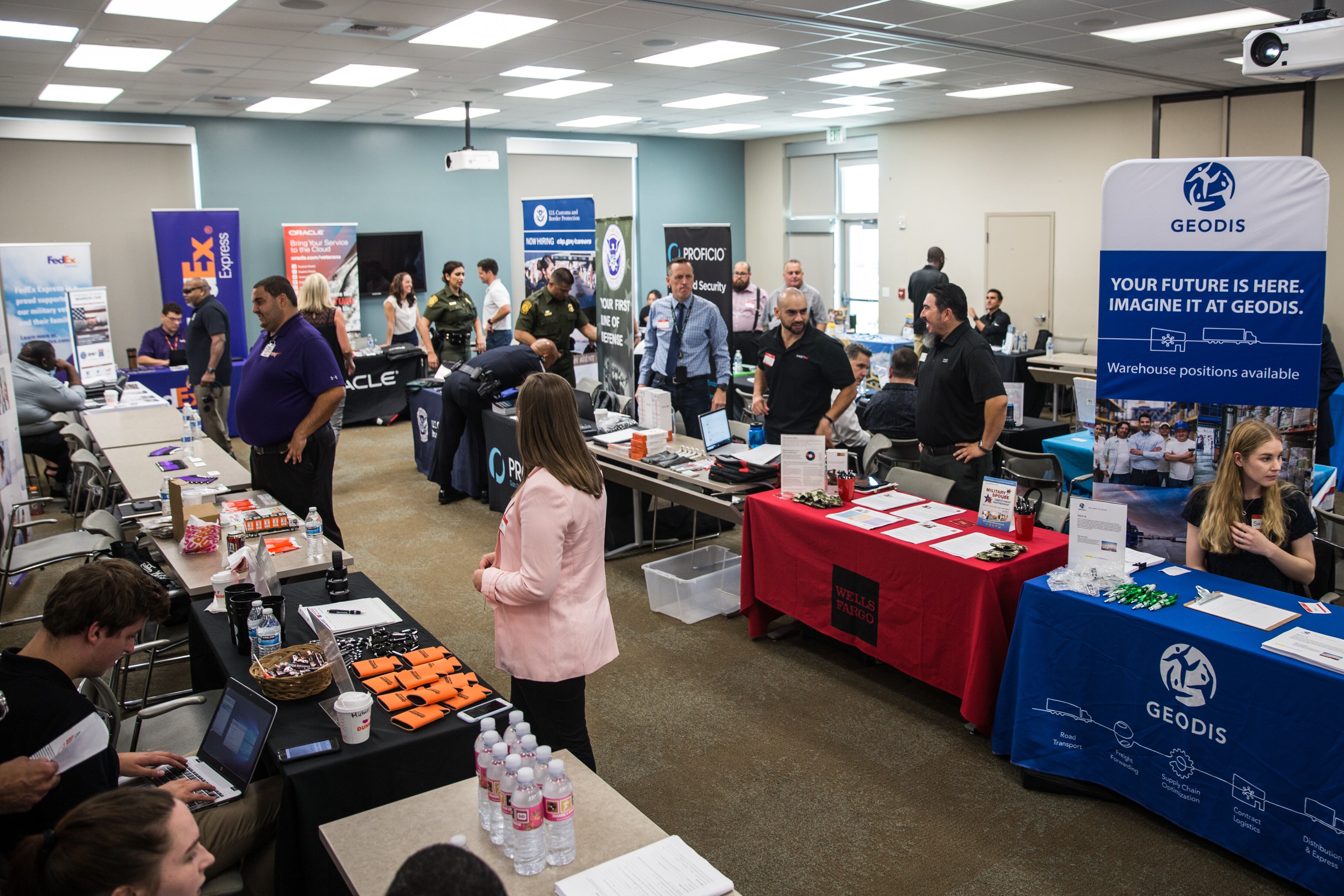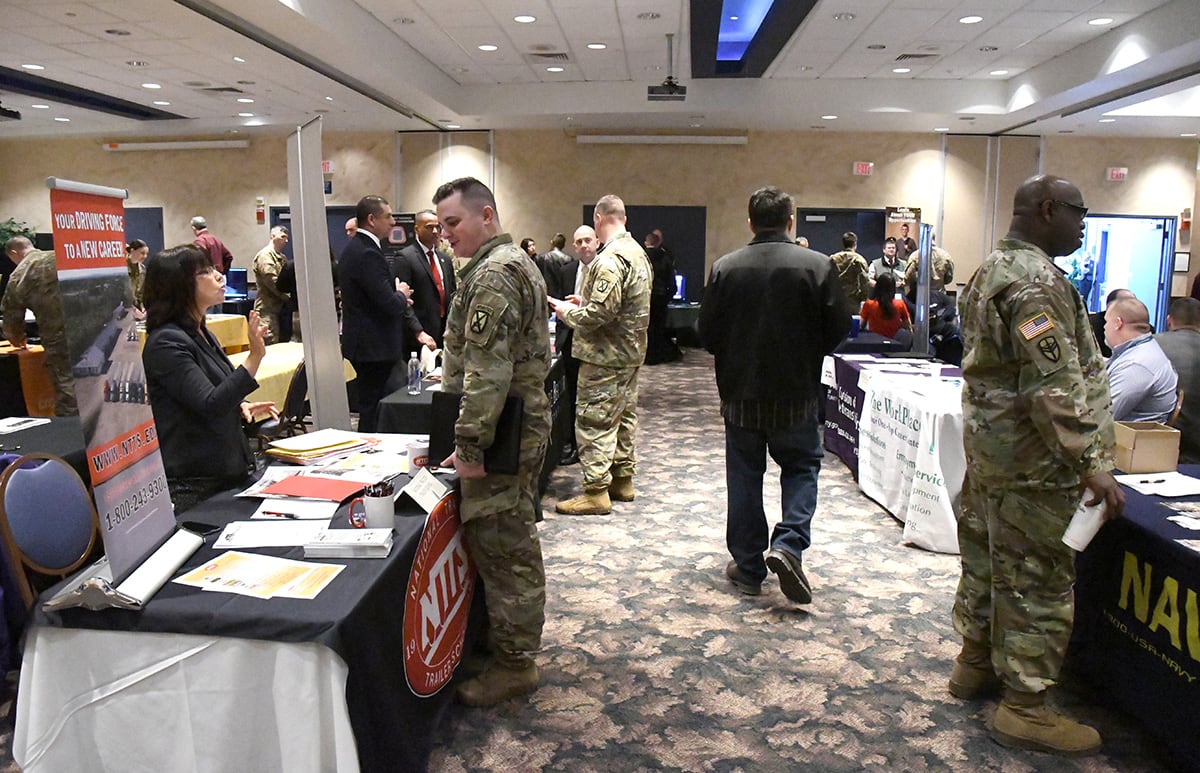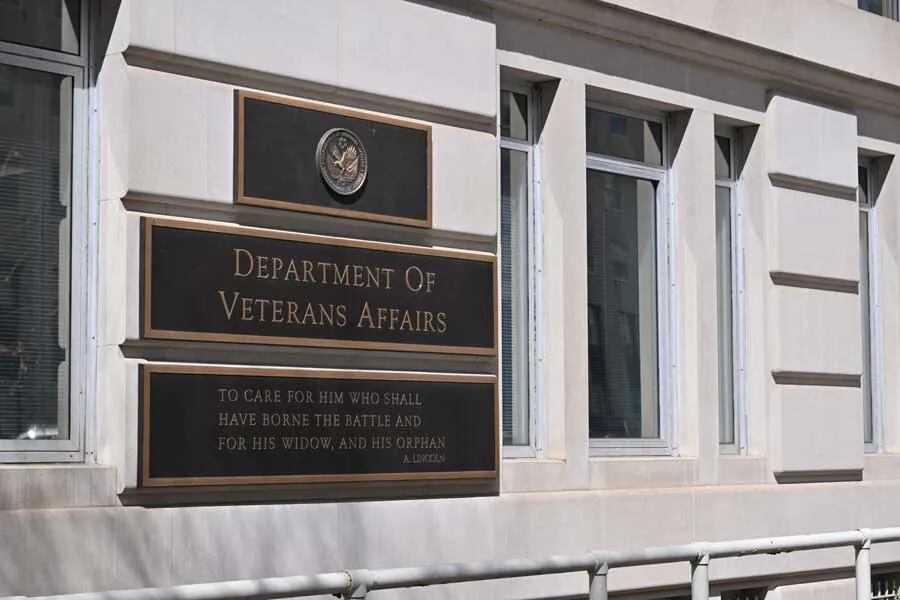A flood of new initiatives to help recently separated servicemembers find post-military employment may be overwhelming veterans in their job searches, according to a new report released Wednesday.
The document, written by researchers at the think tank Center for a New American Security, analyzed veteran unemployment trends and civilian-sector employment assistance programs in recent years and found a host of positive improvements. Overall veteran unemployment sits at historically low levels. Former military members as “highly valued for soft skills” and leadership experience.
Authors Jason Dempsey and Amy Schafer also said that some of that civilian sector goodwill towards veterans could be leading to problems with veteran dissatisfaction and underemployment, directing newly separated troops into less-than-ideal jobs.
RELATED

“Currently, it is nearly impossible for veterans in transition to understand the full breadth of options available to them and which will best help them achieve their goals,” the report states.
“While the numerous efforts largely include thoughtful programming, there remains a lack of clear pathways from military service to particular jobs. There is no comprehensive roadmap as to which credential, academic degree, or job placement program would best help a veteran reach a particular career goal.”
Many military transition efforts focus on matching skills that veterans learned in service with comparable civilian jobs. The report authors note that while that can produce a path to immediate employment for some, “direct translation of military skill sets to civilian occupations is rare” and additional training is a necessity for long-term success in establishing a new career.
“Veterans can be assets to companies, but may need to be viewed as investments over time as opposed to having immediate impact due to the need to acclimatize to civilian workplaces and learn new skills,” the report states.
“The task of translating veteran skill sets must go beyond MOS-translators to the next step of designing tailored pathways for individuals that make those skill sets relevant to specific occupational roles.”
The report notes that federal efforts on the issue of veterans employment have largely focused on revamping the Transition Assistance Program to better prepare individuals for the civilian job sector.
RELATED

But the authors argue that state and community leaders, instead of launching new programs to attract and retain veterans, would be more effective if they worked together to “form a stronger national network of services that cover the entire life-cycle of veterans in transition.”
That could include more training programs and transition assistance but also a way to “consolidate free tools and online resources to educate veterans on the challenges of transition and to make more informed choices about how they spend their time and money when deciding on education and employment options.”
The full report is available on the CNAS web site.
Leo covers Congress, Veterans Affairs and the White House for Military Times. He has covered Washington, D.C. since 2004, focusing on military personnel and veterans policies. His work has earned numerous honors, including a 2009 Polk award, a 2010 National Headliner Award, the IAVA Leadership in Journalism award and the VFW News Media award.





